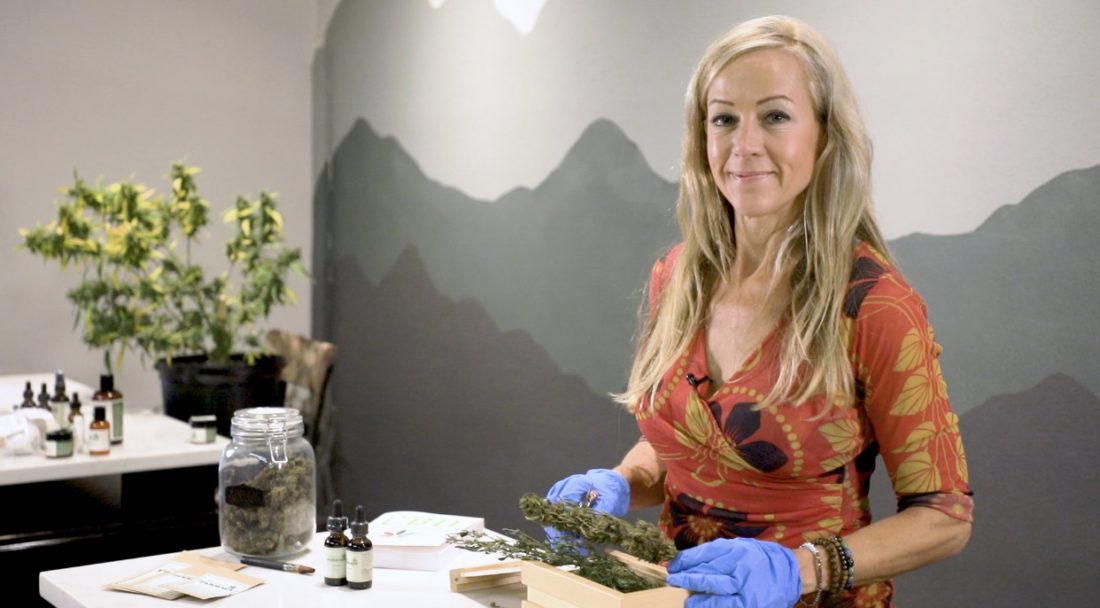Somewhere between the flooding and the CBD craze, farmers and gardeners in Western North Carolina managed to grow all manner of things in 2018. And as awareness about local food continues to expand, so do businesses and nonprofits that support WNC agriculture. Following are some highlights from another dramatic year for those who cultivate soil and awareness.
First hemp crops: North Carolina is now one of 45 states where it is legal to grow hemp, a non-THC-containing variety of the cannabis plant that’s used to make CBD oil and other products. Many local farmers, including Frances Tacy of Franny’s Farm in Leicester, harvested their first hemp buds this year. Tacy was recognized as a featured farmer for national Hemp History Week in June.
Asheville maps edible landscapes: The city worked this year with the Asheville Buncombe Food Policy Council to create an online map that inventories all known edibles planted on city property, including individual trees, orchards. community gardens and land leased for agriculture.
Flooding ruins crops: WNC farmers experienced devastating floods in 2018 due to record-breaking rainfall and Hurricane Florence, which arrived at the peak of harvest time for many local crops.
Utopian Seed Project: Asheville seed company Sow True Seed started its own nonprofit, the Utopian Seed Project, with a mission to research, celebrate and educate around crop and varietal diversity.
Legalized herd shares: In June, North Carolina lifted its ban on herd shares (agreements that allow consumers to pay farmers for a “share” of a cow or goat), giving WNC dairy farmers a way to sell raw milk legally.
School garden partnerships: Partnerships with Bountiful Cities’ FEAST and Grass to Greens programs were funded this year and began working to start, revive and maintain multiple school gardens in the Asheville area.
Eliada focuses on sustainable agriculture: This 115-year-old service agency for children turned over a new leaf with its on-campus farm this year. For the first time, its annual corn maze was planted with non-GMO, heirloom Truckers Favorite edible field corn with the goal of using it to feed residents. Eliada also installed a geodesic grow dome and has plans to convert several acres of its campus to farmland for growing crops using sustainable practices.
Women in agriculture: Women are the fastest-growing demographic of primary producers in the nation, and WNC supported them more than ever this year with nonprofits offering conferences dedicated to self-care and classes on operating heavy equipment for women farmers only.




Before you comment
The comments section is here to provide a platform for civil dialogue on the issues we face together as a local community. Xpress is committed to offering this platform for all voices, but when the tone of the discussion gets nasty or strays off topic, we believe many people choose not to participate. Xpress editors are determined to moderate comments to ensure a constructive interchange is maintained. All comments judged not to be in keeping with the spirit of civil discourse will be removed and repeat violators will be banned. See here for our terms of service. Thank you for being part of this effort to promote respectful discussion.